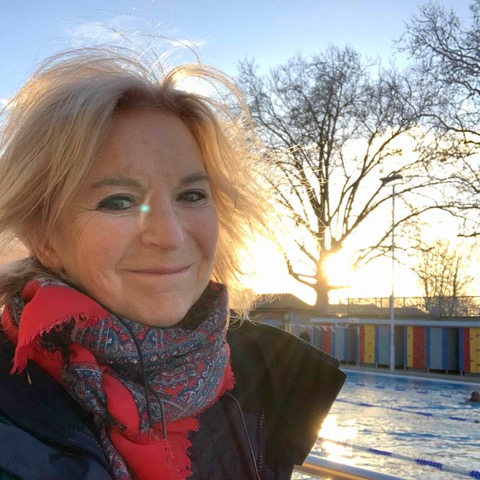Home
Funding Areas
About Us
Scientists have taken a big step forward in the fight against Pneumocystis pneumonia, the most common fungal pneumonia in children and a priority pathogen for the World Health Organization.
In a study published in the journal mBio, researchers at Tulane University were able to use precision-cut slices of lung tissue to study the fungus, which causes pneumonia in immunosuppressed patients and children.
"Pneumocystis is likely the most common fungal pneumonia in children and attempts at culturing the organism have largely not been successful," says corresponding author Jay Kolls.
"Thus, we have not had new antibiotics in over 20 years as they have to be tested in experimental animal studies."
In their study, the researchers used tissue from mice to cultivate two forms of the fungusthe troph and ascusfor up to 14 days.
"This is the first time both the trophic and ascus forms of Pneumocystis have been maintained long-term outside a mammalian host," says Kolls.
They also confirmed the model's potential for in vitro drug testing.
"With optimization, we believe precision lung slices could enable actual growth of Pneumocystis and become a powerful tool for developing new medications to treat this infection," Kolls says in a
Selected Grant News Headlines
A customized collection of grant news from foundations and the federal government from around the Web.
Heritage International School recently hosted its 10th annual STEM Mahotsav.The exhibition showcases students' ingenuity in science, technology, engineering, and mathematics.Heritage International...more
The first half of February has been full of fresh funding and prestigious accolades for Houston innovators.Houston will host a number of events focused on innovation and innovators in February.From...more
The Behavioral Health & Wellness Center at Childrena€™s Nebraska is to span 107,250 square feet.The four-story, $114 million project is to begin serving youth and families in January...more
Arts Lab 6-week Session 5yr and UP 10-11am (Feb.25-April 1) | NewsBreakHOTAbout NewsBreakPartner with usFollow usTUESDAY Arts Lab6-week session 5yr & Up 10- 11am ( Feb.25 - April 1) Welcome to the...more
Medtronic wins CE mark for pediatric jugular dual lumen catheter.Medtronic won CE mark for jugular Dual Lumen Catheter for young children." Medtronics wins CE marks for jugula dual lumin catheter...more
Qatar Foundation (QF) honoured ten innovative educational projects under "Spotlight Qatar" The initiative is designed to highlight the most effective and scalable educational innovations in Qatar.The...more
Southwest Child Care Resource & Referral (CCR&R) leads its groundbreaking community initiative, the Clean Air for Children Program.The program will focus its efforts on underserved communities in...more
The $50 million tax credit represents only 1.7% of the total education budget.The program is run through the Idaho Tax Commission, not the Idaho Department of Education.The $5,000 per-student cap...more
Bremen City Schools Nutrition has been honored with a Healthy Meals Incentives Recognition Award for its commitment to improving the nutritional quality of school meals.The USDA's Food and Nutrition...more
StorrryNights Endless Stories is a unique platform that is uniquely designed to create personalized bedtime stories for children of all ages.Ideal for parents looking to create a more engaging and...more
Children News from...
Johnson Foundation
Robert Wood Johnson Foundation
de Beaumont Foundation
Google.org
Social Entrepreneurship
Spotlight
Together TV, the Channel that Helps You Channel Your Inner Good

Caroline Diehl is a serial social entrepreneur in the impact media space. She is Executive Chair and Founder of the UK’s only charitable and co-operatively owned national broadcast television channel Together TV, the leading broadcaster for social change runs a national TV channel in the UK and digital platform which helps people find inspiration to do good in their lives and communities.











